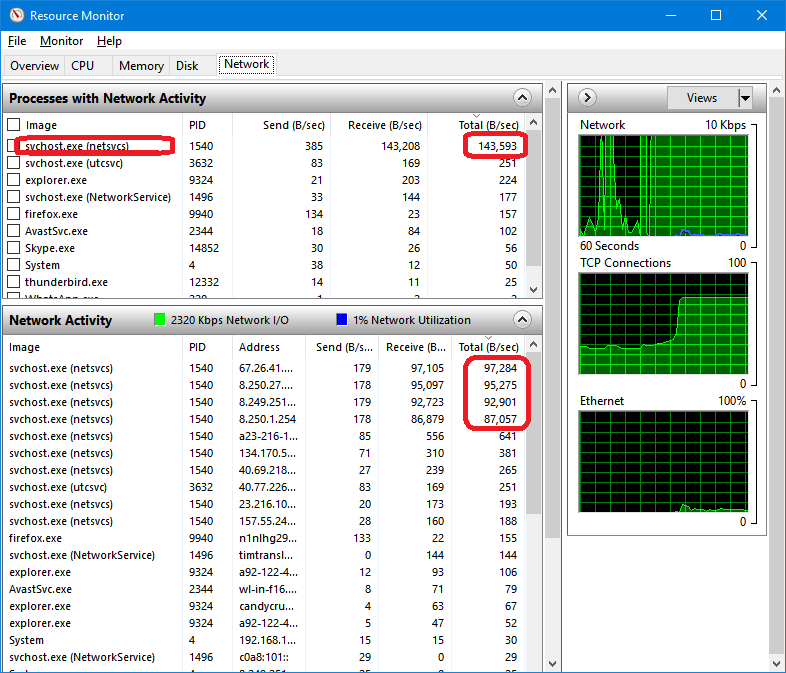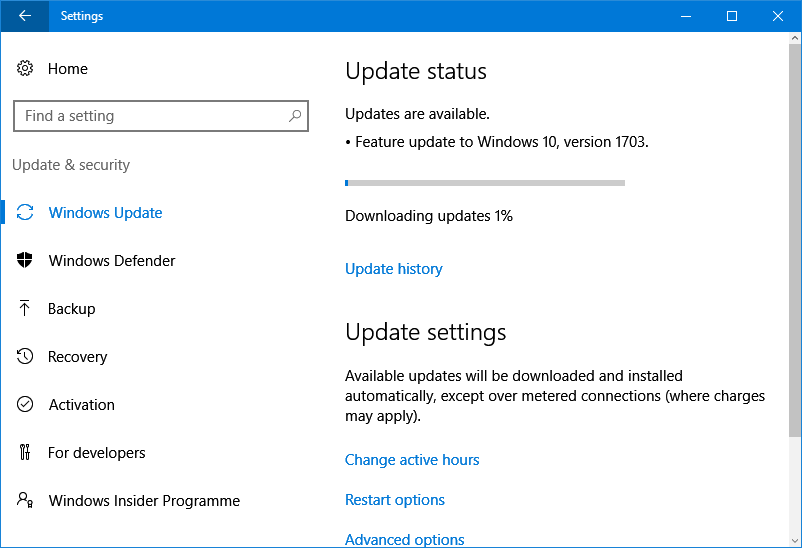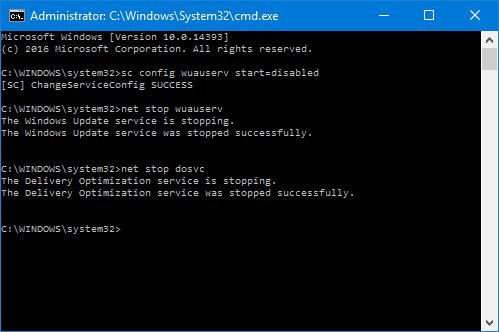Oshikango and El Pertús
Oshikango is a town on the opposite side of the country to my home in Oranjemund. When I first visited Oshikango, situated on the border with Angola, I couldn’t help but be reminded of El Pertús, a small town straddling the French-Spanish border in Catalonia. There are many parallels between the two.
As you approach El Pertús, you see a notable increase in the use of French, rather than Catalan or Spanish, on the signs of local businesses, the economy by the border being very much geared towards those living in France who venture south in search of cheaper goods. In bygone years there would have been no change in language as you headed into the old county of Rosselló, but centuries of language assimilation policies in France have depleted the use of the Catalan language north of the border, where it now has only a small presence, mainly in rural areas and among Perpignan’s gypsy community. The most obvious sign of the region’s Catalan roots is found on the letterboxes of houses, where you’re more likely to see names like Pujol and Ferrer than Dupont, albeit sometimes in a Gallicized form (e.g. Poujol).
The situation is very similar on the Namibian-Angolan border. To the south, the people speak the autochthonous Ovambo language, known as Oshiwambo by the locals, using the Oshikwanyama dialect; like in Catalonia, to the north of the border live a people with the same surnames, separated from their families by an aleatory line drawn on a map by a distant government, who, for the most part, have now abandoned their mother tongue and replaced it with a major international language, in their case Portuguese.
Like in El Pertús, the signs erected by businesses in Oshikango are in what is now the predominant language spoken north of the border, i.e. Portuguese, rather than in English and Ovambo, because so many people cross over from the north to buy cheaper goods.
Border checks
Of course, there are also some striking differences between El Pertús and Oshikango. First, the border in El Pertús is much more porous. The shops and restaurants, though situated in Spain, lie north of the checkpoint, which since the Schengen agreement is rarely manned anyway. The actual border runs along the kerbside of the main road through most of the town centre, which means that although the main road is entirely in France, the pavement and the shops and restaurants on the east side of the road are in Spain.
Namibians and Angolans can cross each other’s borders without obtaining a visa (neither my British nor my Irish passport allows me to enter Angola without a visa), but they must still pass through a border checkpoint and fill in lengthy forms. Once you’ve cleared the checkpoint, as you drive across the border you might notice a car driving straight towards you. That’s because as you drive on the left, approaching traffic from Angola will be driving on the right! You must pick the right moment to switch to the other side. A far cry from the motorway border overlooking El Pertús, where traffic crosses from one country to another while driving at 120 km/h.
Another major difference is the type of people crossing. In El Pertús, you’ll find families and pensioners popping over for a paella, or perhaps a working-class man coming down from Perpignan for cheaper cigarettes and beer. In Oshikango, you’re more likely to find people running small businesses coming over to buy stock from the wholesalers that abound in the Namibian town. Many come by bicycle, and it’s quite amazing just how much weight they can stack on their pushbikes. I use the word “pushbike”, rather than “bicycle”, to describe the return trip because they are pushbikes in the literal sense: the Angolans carry so much stuff that they must push the bikes back over the border with their hands.
Good translations for a new market
Like in Spanish Catalonia, Namibian businesses have tapped into the market created by those who venture across the border from the north. As mentioned earlier, monolingual Portuguese signs abound in Oshikango. But head further south into larger towns like Ondangwa and Oshakati, and the Portuguese language is still omnipresent, albeit often appearing alongside English or Ovambo. Even 800 km away in Windhoek, the Namibian capital, there are still many signs in Portuguese. Unlike in Oshikango, however, the Angolans who travel to other parts of Namibia are not small business owners stocking up on cheap goods, but wealthier Angolans travelling for business, leisure, shopping, education or medical treatment.
Namibians are aware of the Angolans’ purchasing power, which is why so many businesses translate their content into Portuguese. And unlike in Catalonia, where poor French and English translations abound, Namibian businesses seem to be producing very good Portuguese translations.
Olá Namibia
One noteworthy example of good translation practice is Olá Namibia. Produced by Sandgrouse Publications, this free annual booklet is funded by advertisements placed by Namibian businesses, mainly Windhoek-based. Almost all the adverts are only in Portuguese. The magazine publishers organize the Portuguese translations, sending the English texts supplied by the advertisers to qualified translators in Portugal.
The companies advertising in the booklet have clearly spent a lot of money on graphic design. It would have been a real shame had they compromised on the quality of the translated text, as so many companies in Europe do. If graphic designers produce poor-quality images for adverts, it adversely affects the image that the company seeks to portray.
The exact same thing happens with the text. Advertisers can spend large sums of money on producing good-quality texts, but those efforts are wasted if those texts are poorly translated.
Sandgrouse Publications can be very proud of the excellent quality translations they provide for their clients, who are thus able to portray a professional image to the wealthy, demanding customers who come from Angola. Other publications and advertisers would do well to follow their example.




